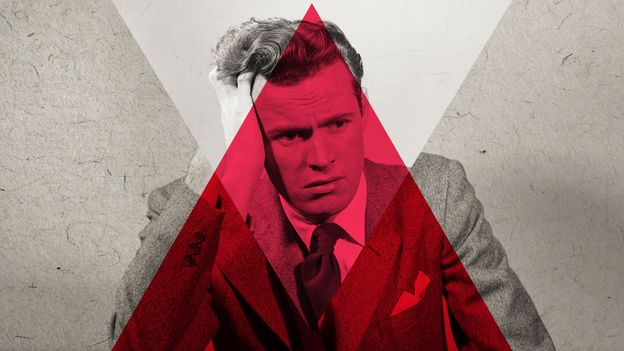
When my son was born with a congenital heart condition, like any parent, I felt lost. He required open-heart surgery and I felt overwhelming uncertainty for what the future might hold. I understood that the outcome might not be good, but I also knew that a positive outcome was possible if I could provide the best care for him.
At a time like that, it was hard to focus on those positives, but I learned that I could use my anxiety to keep me energised. Knowing that the future was uncertain but that my actions could influence the outcome, my anxiety helped me to function in what otherwise might have felt like a hopeless situation. I believe that anxiety can be a tool to help us to cope with the challenges that life throws at us.
However, for many people anxiety can be suffocating, and has become synonymous with feeling bad.
When I was growing up in the 1980s, stress was the go-to shorthand for emotional discomfort. How’s your wedding planning? Oh it’s great, but I’m stressed. How is your chemotherapy going? Pretty stressful, but I’m managing.
Today, we seem to be living in the age of anxiety. Google Trends shows that searches for the word anxiety have increased over 300% since 2004. Anxiety is on our minds, with good reason. As much as 31% of the US population will experience an anxiety disorder at one point in their lives, which can range from generalised anxiety disorder to panic disorder and social anxiety disorder – which is one of the most common types.
Outside of medical diagnoses, the word also seems to have slipped into our vernacular. It has usurped stress as our language placeholder for feeling uncomfortable – anxious about giving a presentation, about going on a blind date, about starting a new job. The word has become ubiquitous and absorbed meaning, amoeba-like, to encompass everything from dread to pleasant anticipation. Too often, the mere use of it casts these experiences in a negative light, infusing them with threat and a touch of the not-quite-right.
Then there are anxiety disorders – they are the most common of the mental health diagnoses, more common than depression and addiction. Hundreds of millions of people across the world will be diagnosed with an anxiety disorder in their lifetime. Rates of these disorders, especially among the young, continue to rise, as they have been for well over two decades. Yet, there are dozens of validated therapies, 30 different anti-anxiety medications, hundreds of excellent self-help books, and thousands of rigorous scientific studies. While they certainly can help individuals, why have these solutions failed to reduce the scale of the problem so spectacularly?
As I put forward in my book, Future Tense, one reason for this failure is that mental health professionals, myself included, have unintentionally misled people about the nature of anxiety in the past – a misunderstanding that has harmed us. I propose a new, more helpful and hopeful approach to understanding and living with anxiety in the 21st Century – to use it to your advantage.

